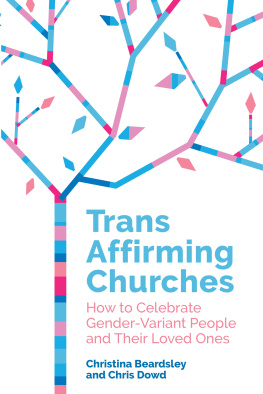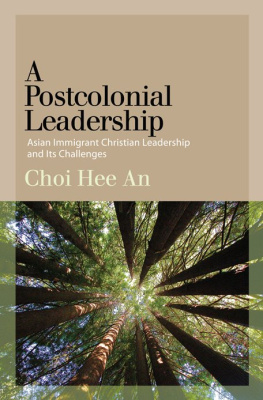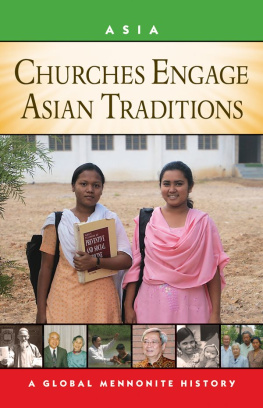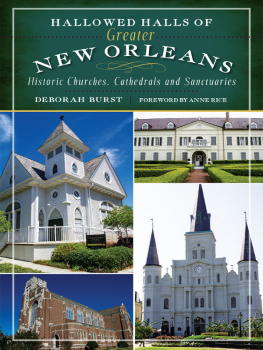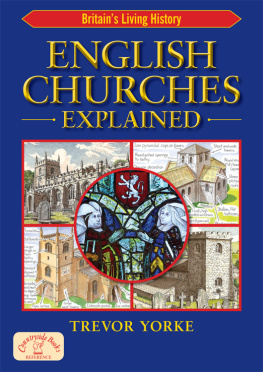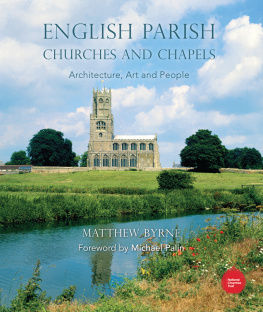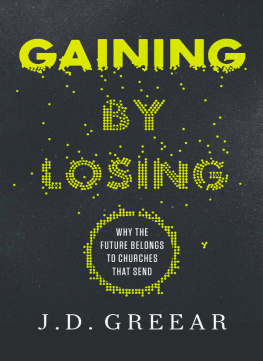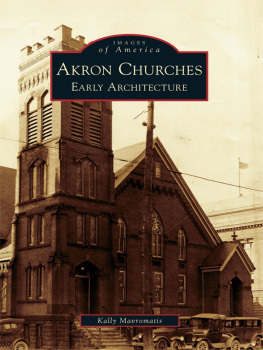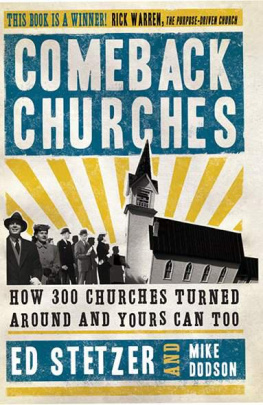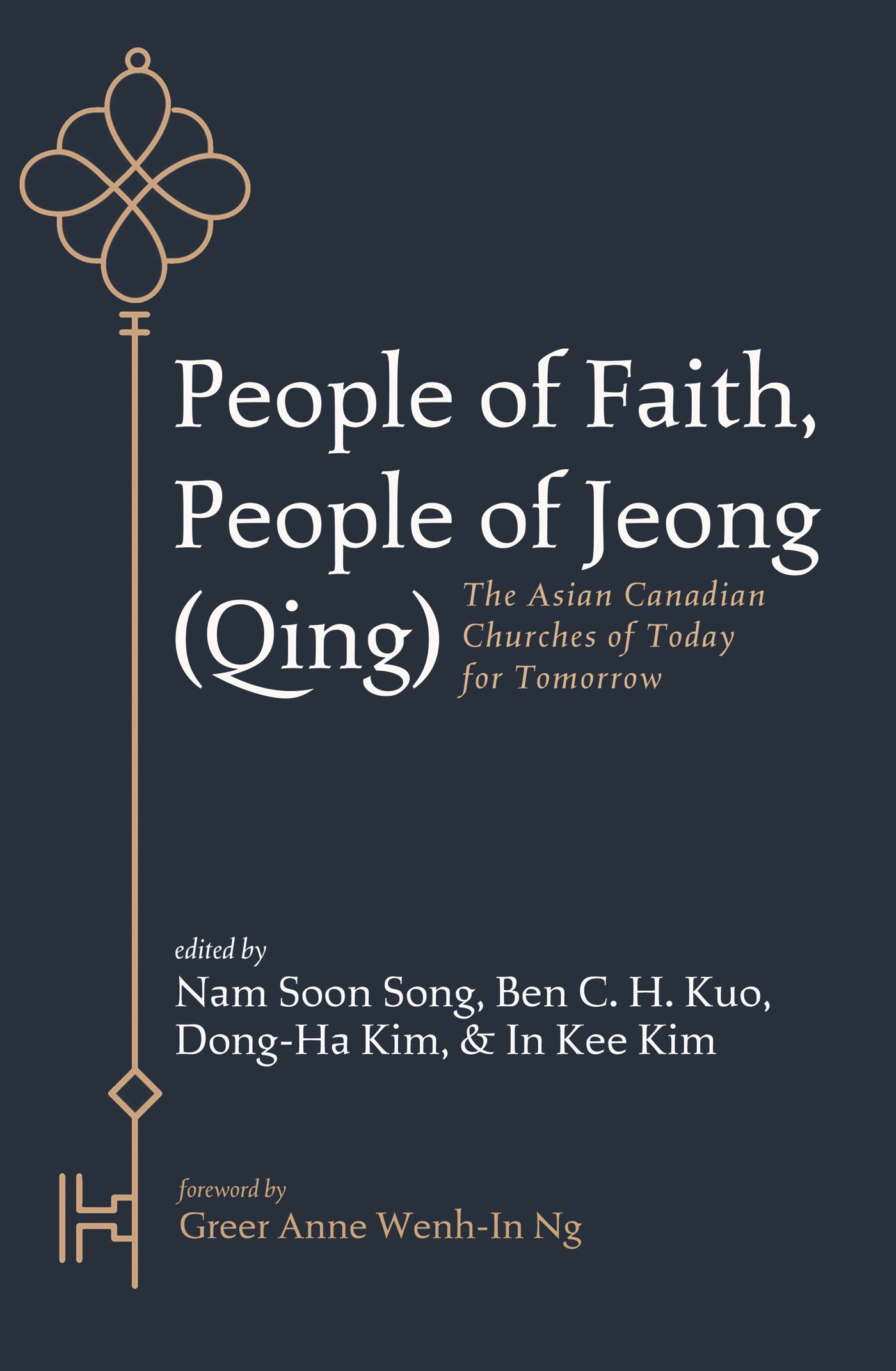People of Faith, People of Jeong (Qing)
The Asian Canadian Churches of Today for Tomorrow
edited by
Nam Soon Song
Ben C. H. Kuo
Dong-Ha Kim
and
In Kee Kim
foreword by
Greer Anne Wenh-In Ng
People of Faith, People of Jeong (Qing)
The Asian Canadian Churches of Today for Tomorrow
Copyright 2020 Wipf and Stock Publishers. All rights reserved. Except for brief quotations in critical publications or reviews, no part of this book may be reproduced in any manner without prior written permission from the publisher. Write: Permissions, Wipf and Stock Publishers, W. th Ave., Suite , Eugene, OR 97401 .
Wipf & Stock
An Imprint of Wipf and Stock Publishers
W. th Ave., Suite
Eugene, OR 97401
www.wipfandstock.com
paperback isbn: 978-1-7252-5318-6
hardcover isbn: 978-1-7252-5319-3
ebook isbn: 978-1-7252-5320-9
Scripture quotations are from New Revised Standard Version Bible, copyright 1989 National Council of the Churches of Christ in the United States of America. Used by permission. All rights reserved worldwide.
Manufactured in the U.S.A. 07/06/20
This book is a must-read for Asian North American pastors, church leaders, concerned laypeople, and multicultural leaders who are committed to their own ethnic loyalties and Jeong (indivisible compassion)/Qing (a beautiful heart).
Andrew Sung Park , United Theological Seminary, Ohio, USA
Uniquely Canadian and yet speaking a language of faith that resonates with many immigrant Christian communities across the globe, this book explores insightful ways how churches in Canada offer a spiritual home for Asian diaspora communities as they cultivate the Christian ethic of serving others and affirm their distinct hybrid and diverse linguistic identities.
HyeRan Kim-Cragg , Emmanuel College,University of Toronto
Praiseworthy is the perceptivity of Dr. Song and her research team into the problem compounded by different languages and cultures amid different generations and their constructive proposals in dealing with the complexity of these issues.
Wes Chan , ordained minister, Trinity Mandarin Presbyterian Church, Toronto
This book brilliantly illumines the life of Asian immigrant churches in Canada today and what their ministries might look like tomorrow.
John Vissers , University of Toronto
This work provides a valuable (and missing) chapter in the history of Christianity in Canada in addition to identifying possibilities for the Christian church as it lives into an unfamiliar social and cultural landscape.
Dorcas Gordon , University of Toronto
People of Faith, People of Jeong (Qing)
Foreword
Significance of the Present Volume
B eginning with words of congratulations is always a joy. Congratulations are in order for the publication of People of Faith, People of Jeong for the successful conducting of significant research with three East Asian faith communities, each with its own immigration history, and for the publication of its findings. By making available so many direct quotes from the multitude of persons interviewed, the editors have provided access into the minds and struggles of Christians young and mature in a rich tapestry of authenticity. By recruiting writers from disciplines ranging from religious education and psychology to theology, pastoral ministry, and ecclesiology, they have enabled access to expertise and insight in the analysis of the studys findings.
For myself as a Canadian, in particular, a special significance of this volume resides in the fact that it deals explicitly with faith communities in Canada without any apology. No longer is it necessary to fit Canada under the umbrella of North America in order to gain legitimacy or recognition, as when People on the Way appeared with the subtitle: Asian North American s Discovering Christ, Culture and Community . Canadian voices and realities will increasingly come to shape ideas on ministry and mission, theological reflection and biblical interpretation, assuming a rightful if still modest place in the complex totality of Christian religious endeavor continentally and globally.
The Canadian Context
Much as the experience of people of Asian heritage in Canada share with their counterparts to the southracialization as visible minorities, histories of exclusion by the imposition of a head tax followed by immigration acts until after World War II, the internment of Japanese residents during that world war, and so on, there is sufficient specificity in Canadas history and current context to warrant paying to it its own attention. This goes beyond Canada having its own national formationfirst colonizers from France followed by those from England. For its relevance to the lives of the people of faith, people of jeong of this volume, however, I lift up first Canadas official multiculturalism policy of 1971 , followed by the multiculturalism Act of 1988 . The development of Chinese, Taiwanese, and Korean immigrant congregations in all their variety has probably gained by this countrys multiculturalism policy and its intentional multicultural makeup.
The meticulously documented accounts of three ethno-cultural communities making up the people of faith, people of jeong studied in this volumeChinese, Korean, and Taiwanesepresent case studies of East Asian immigrant groups trying to build viable communities of faith in their specific circumstances. Their stories of facing internal challenges socially, linguistically, and generationally invoke in myself, as a first-generation Chinese Canadian, similar experiences spent in one such Asian Canadian congregation several decades ago in a downtown urban setting. Issues such as how to keep together in the same congregation three generations of members functioning better in either Chinese or Englishand in more than one dialect within the Chinese one, how to persuade existing pillars of the church to share some of their long-held power and intentionally nurture leadership with younger members, sound familiar indeed. Plus, in my case, the additional challenge of how to make a viable place as a minoritized segment within a major Canadian Protestant denominationthe United Church of Canadaand finding that a simultaneous translation system between English and ChineseCantonese in this casegreatly facilitated such an aspiration.
At the same time, the study reminds us vividly of the diversity within even these three Asian communities themselves, and not just in their distinctive histories of emigration to and settlement in Canada so well documented by the respective writers of the historical chapters. Looking, for instance, at language use, a major area of contention between generations, Korean congregations need to deal with only Korean-speaking first-generation immigrants and their younger, mostly English-speaking 1.5 plus subsequent younger members. On top of this major divide, the Chinese and Taiwanese congregations need at the same time to contend with a variety of dialects, thus resulting in a multiple of dialect-specific faith communities such as Cantonese and Mandarin, and Mandarin and Taiwanese. And even though these two similar ethno-cultural communities share the same written language, the scripts they employ for identical Chinese characters are split between a traditional form still used in Taiwan and Hong Kong, and a simplified form used by those who grew up in the Peoples Republic after that script was introduced post- 1949 . Such diversity becomes relevant in the recent phenomenon of ever stronger immigration numbers from mainland China, shown by the establishment of Mandarin-speaking missions within Anglican parishes, as I learned from an Anglican colleague on the west coast.


